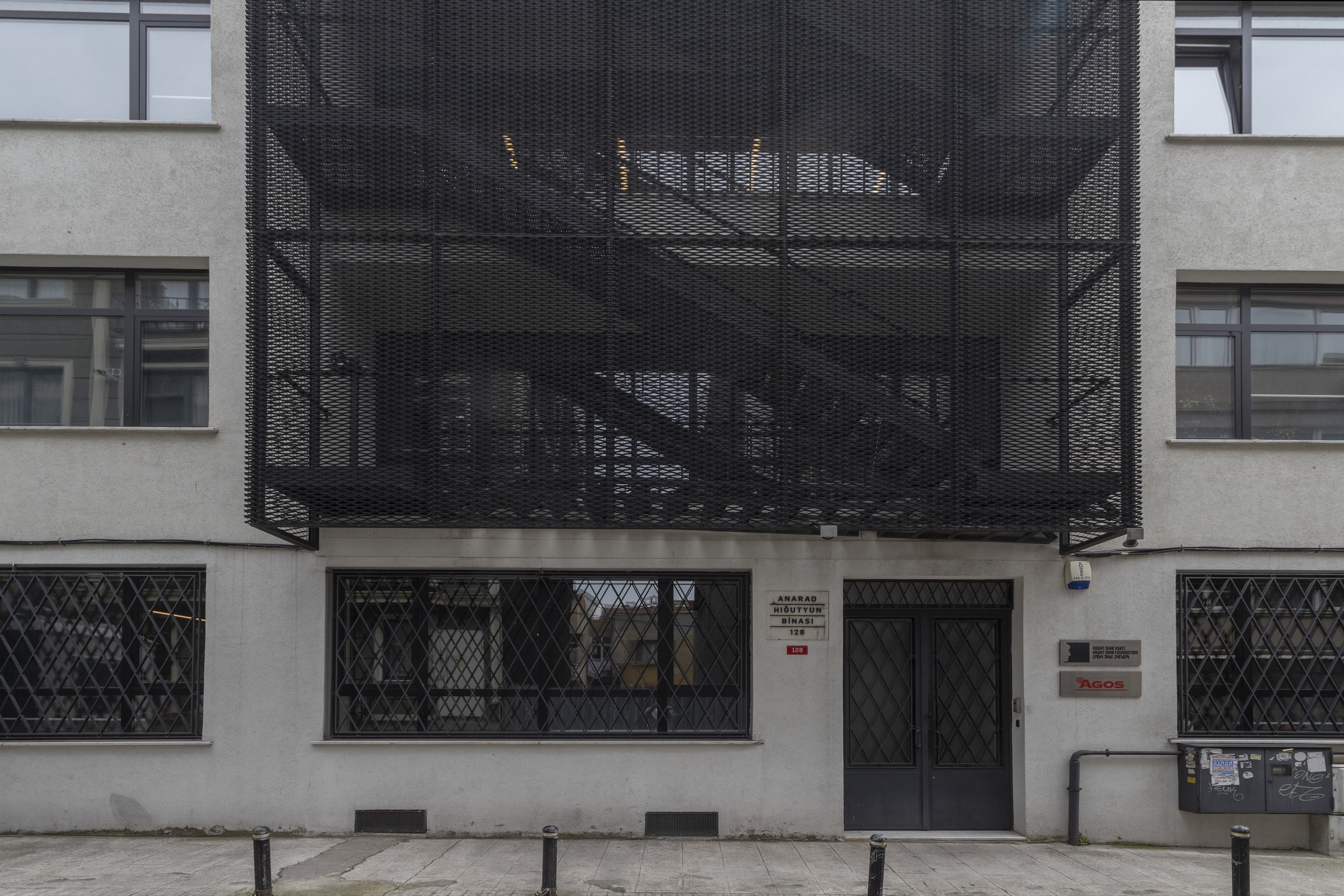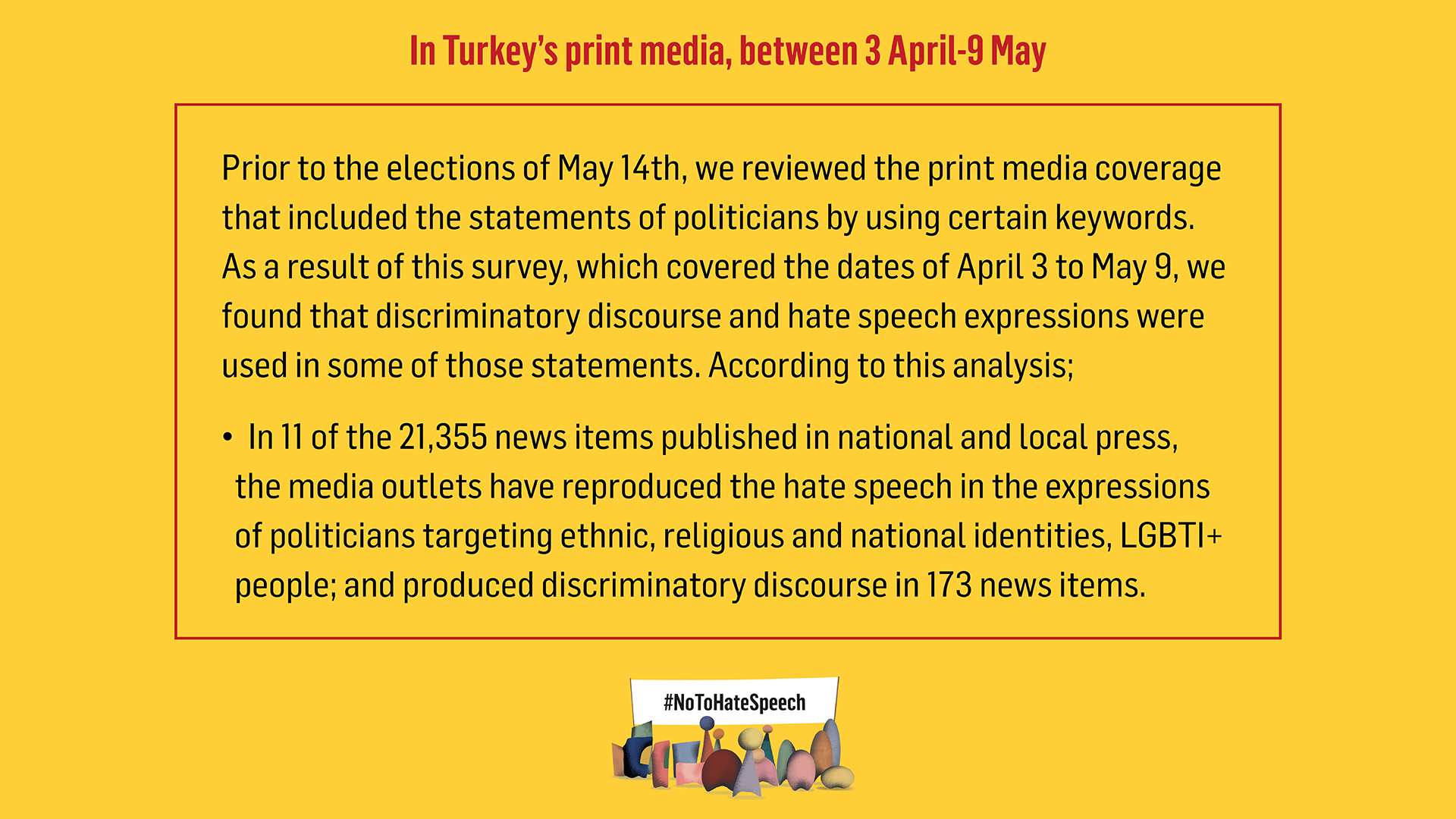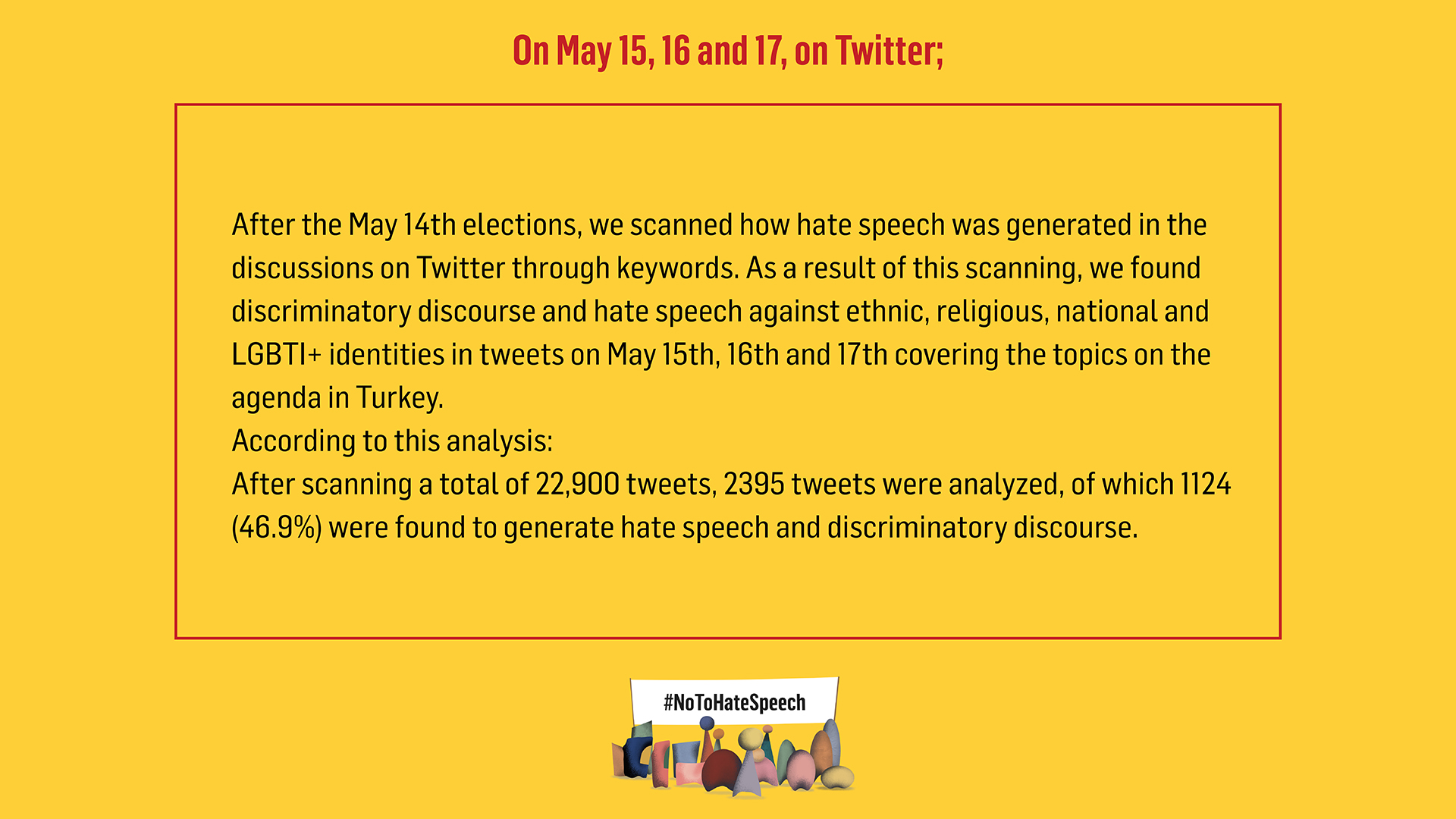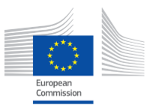Hrant Dink Foundation Headquarters in Istanbul © Hrant Dink Foundation
During the elections that have just ended in Turkey, the candidates resorted to discriminating and aggressive rhetoric. We talked about it with Yasemin Korkmaz, coordinator of the campaign monitoring hate speech in Turkey at the Hrant Dink Foundation
During the last elections in Turkey, both presidential candidates did not hesitate to use discriminating and aggressive rhetoric. In particular, especially between the first and second rounds, categories of people who live on the margins of society such as the Syrian refugee community found themselves exposed to the (verbal) crossfire of the two sides: to repatriate all the people who fled the war in Syria it seemed at one point the top priority for the country. Similarly, during the various electoral rallies, various political figures such as the current Interior Minister Süleyman Soylu have not hesitated to bring up the bogeyman of LGBT+ rights as a looming threat to the integrity of the country.
We spoke to Yasemin Korkmaz, Turkey Hate Speech Monitoring Campaign Coordinator at the Hrant Dink Foundation (based in Istanbul) to better understand the extent and consequences of this phenomenon, which appeared to be very pervasive during the last electoral appointment in the country. In fact, the foundation has been involved in drawing up reports and analyzes on the presence of hate speech and discriminatory speech in the media and in political debate for more than a decade, as well as carrying out campaigns to stem the problem and raise awareness of these issues in the Turkish company.
Why do you think it is necessary to deal with the phenomenon of hate speech?
Our association was founded after theassassination of Armenian journalist Hrant Dink, and his case is closely linked to the spread and practice of hate speech. Before his death, his figure was regularly targeted by Turkish communication channels and as a final result of this violence there was precisely a hate crime. Obviously not all hate speech leads to a crime but, from our point of view, it constitutes a first level in which discrimination within society is created and exacerbated.
Therefore, since 2009 we have decided to monitor the presence of hate speech in the public debate in our country, analyzing in particular both local and national media. We are concerned with identifying the various categories of hate speech but above all the groups that become its targets from time to time. On the one hand we are interested in drawing attention to the responsibility of journalists, who are required to be aware of the tones in which they express themselves, on the other we want to make the issue known to the public opinion as much as possible. In this sense, the quantitative aspect of our research is very important: very often that of hate speech can appear as a vague phenomenon and all in all not so relevant, but if we are confronted with its pervasiveness in terms of data objective ones are more inclined to think about it and to consider it as a question to be addressed.
What did you observe during the last electoral round?
During the elections and the electoral campaign in Turkey, we have noticed how hate speech and of a discriminatory nature have been used by both political sides and have very often targeted the category of refugees and LGBT+ people. The positive fact is that there has been a discrepancy in quantitative terms between the presence of hate speech in the statements of political leaders, on the one hand, and in newspaper articles and reports, on the other: as I mentioned, I believe a greater awareness of the problem on the part of media professionals is created over time and, therefore, very often we avoid conveying hate speech coming from the political class in journalistic reports, even if only in the form of quotation.
That said, analyzing instead the debate that has developed on social media and specifically on Twitter, we have noticed some trends: the term “Alevi”, for which we expected a high diffusion since one of the two candidates had used the own Alevi origins as an electoral claim, was very often associated in a way most of the time indistinguishable from the term “Armenian” and perhaps used as an insult; for the category of migrants of mainly Syrian or Afghan origin, one of the interesting elements is how in public discourse they talk about it by paying attention exclusively to the male component of those groups: the “refugees”, the “migrants”, in short, are almost always men who arrive in our country and in one way or another pose a threat; finally, a term widely used as an insult, applied both to the category of refugees and to that of LGBT+ people, is “pervert”: here too, in various hate speeches, migrants and people with non-sexual orientation and/or gender identity compliant are seen as a threat to the traditional structure of the family or as a problem of a moral nature for the whole social body.
Is it a problem that has to do with the mentality of the political class?
All political forces, in one way or another, have made use of discourses of a discriminatory nature. Unfortunately, this really is a very common practice and if it is true that there are certain political figures who insist more than others on such a communication strategy, I don’t think the problem is simply individual. Surely it is also the reflection of a more structural issue that concerns the whole of society and for which, therefore, an overall change is necessary.
I would also add that the spread of hate speech or discriminatory speech is something that is not limited to the electoral period, but remains more or less constant throughout the year. This is especially true for certain categories, such as Syrians, Armenians, Christians, Jews who are practically always the subject of aggressive language in the media (the intensity of which is perhaps also influenced by changes in the country’s international relations). The solution for us therefore continues to be represented by the need to work on general awareness, learn to recognize the discrimination inherent in the use of certain types of language and offer tools to achieve this goal to an increasing number of people.
| This publication was produced in the framework of the Media Freedom Rapid Response (MFRR), co-funded by the European Commission. The responsibility for the contents of this publication lies with Osservatorio Balcani e Caucaso Transeuropa and does not in any way reflect the opinion of the European Union. |
Have you thought about a subscription to OBC Transeuropa? You will support our work and receive preview articles and more content. Subscribers to OBCT!





